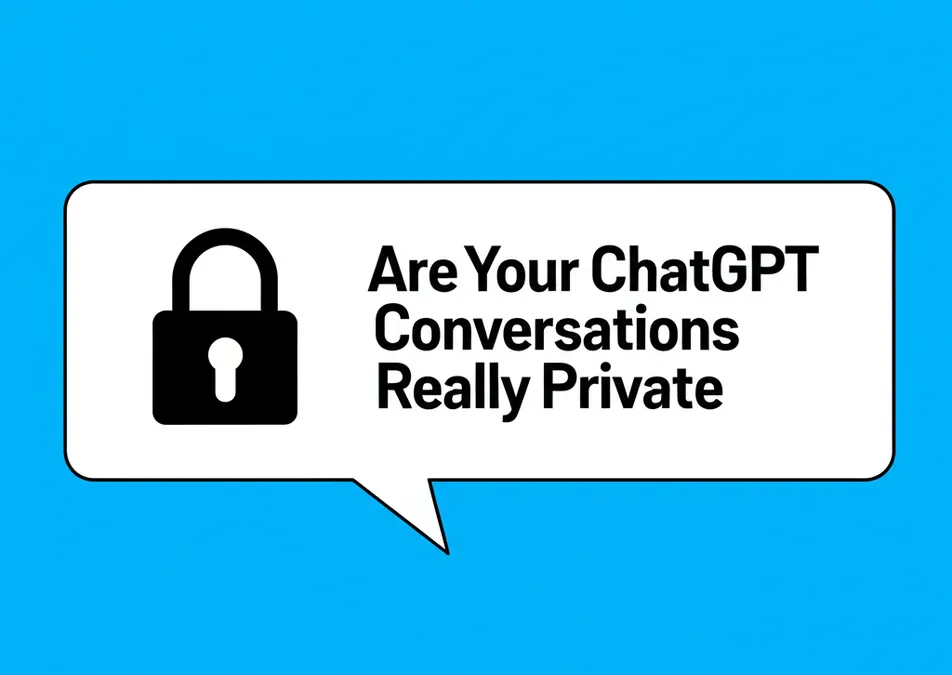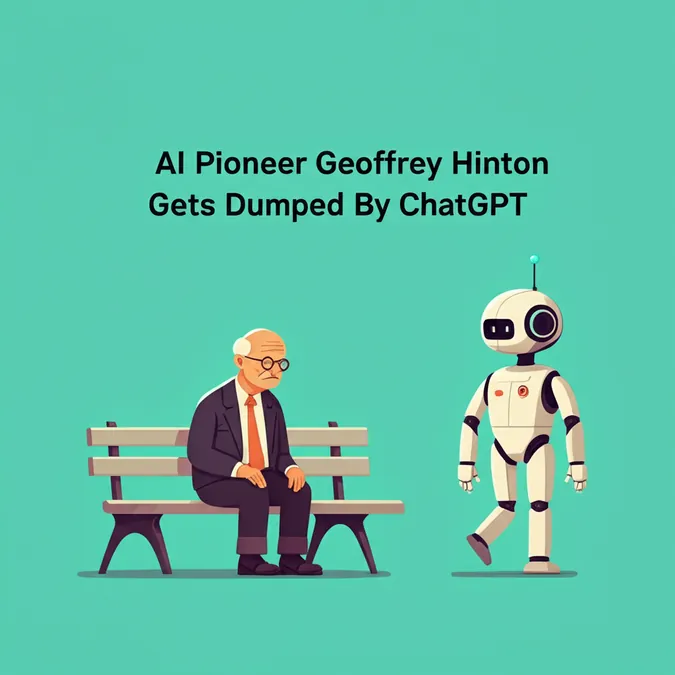Developer Offer
Try ImaginePro API with 50 Free Credits
Build and ship AI-powered visuals with Midjourney, Flux, and more — free credits refresh every month.
AI Is Breaking The Modern Job Market

The Frustrating Search of a Recent Graduate
Harris, a recent UC Davis graduate, began his job search months before graduation with what seemed like a stellar résumé. He had a paid internship, extensive volunteer experience in his desired field, a near-perfect GPA, and strong recommendations. Willing to move anywhere on the West Coast and take on any role—temporary, part-time, or even manual labor—he was eager to start his career protecting California's wildlife.
He applied to 200 jobs. The result? 200 rejections. Or, more accurately, he was ghosted. Most of the businesses he applied to never even responded.
A Job Market Paradox Strong Numbers But Frozen Hiring
Harris's experience reflects a bizarre contradiction in the current economy. On the surface, things look good: corporate profits are strong, the jobless rate is low, and wages are on the rise. However, a closer look reveals that payrolls have been stagnant for months. The hiring rate has plummeted to its lowest point since the slow recovery after the Great Recession. Just four years ago, employers were adding four or five new workers for every 100 on staff; today, that number is only three.
The Rise of the AI Hiring Stalemate
The process of actually getting a job has devolved into a uniquely modern nightmare. Online platforms like LinkedIn and Indeed make it easy to find openings but incredibly difficult to secure one. This has created a digital battlefield: job applicants use AI tools like ChatGPT to craft and send out hundreds of applications, while businesses use their own AI systems to sift through the resulting flood.
Every time Harris applied, he would meticulously tailor his résumé and cover letter for a promising role, only to send it into a digital void. Another job seeker, a paralegal named Martine, faced the same wall of silence after being laid off. Despite having a decade of experience and making it to the second round of interviews a few times, she never received a firm offer. "I would be happy if a person told me no at this point," she confessed.
Inside the Automated Screening Process
From the employers' side, the market is also broken. They are inundated with countless poorly matched applications for every opening. To cope, they've turned to automation. A survey by the Boston Consulting Group found that HR departments are widely using AI to write job descriptions, assess candidates, and screen applications. Some firms even use AI chatbots to conduct initial interviews, where an algorithm analyzes a candidate's recorded responses for keywords and tone.
Priya Rathod, a career-trends expert at Indeed, acknowledges that applicants feel like their résumés are "going into a void." She argues, however, that AI can help match the right candidates with employers more quickly. Yet, this system fuels a vicious cycle: the difficulty of getting a human response pushes applicants to use AI to apply for more jobs, which in turn forces employers to rely more heavily on AI filters.
Economic Cracks Signal a Downturn
For months, the economy has existed in a strange "low-hire, low-fire" state, with most sectors frozen. The average time a person spends looking for a job has climbed to 10 weeks, and the rate at which workers voluntarily quit their jobs has fallen to a decade low amid economic uncertainty.
Now, this fragile equilibrium seems to be breaking, and a full-on recession looks increasingly likely. Black workers have seen a sharp rise in joblessness, and over 10 percent of workers under 24 are currently searching for a job. "Cracks are increasingly showing," noted Lydia Boussour of the consultancy EY-Parthenon, pointing to a rise in performance-based layoffs.
Navigating the Void What Job Seekers Can Do
So, what are job seekers like Martine and Harris to do? While Martine continues to apply, Harris has turned to landscaping and volunteering to stay busy. Rathod suggests falling back on traditional methods: networking. She recommends asking recruiters for coffee, attending in-person job fairs, and leveraging connections with friends and former employers.
These strategies might prove effective if companies start hiring again. But if the market continues to freeze, millions more could find themselves sending their carefully crafted applications into the same silent, digital void.
Compare Plans & Pricing
Find the plan that matches your workload and unlock full access to ImaginePro.
| Plan | Price | Highlights |
|---|---|---|
| Standard | $8 / month |
|
| Premium | $20 / month |
|
Need custom terms? Talk to us to tailor credits, rate limits, or deployment options.
View All Pricing Details

